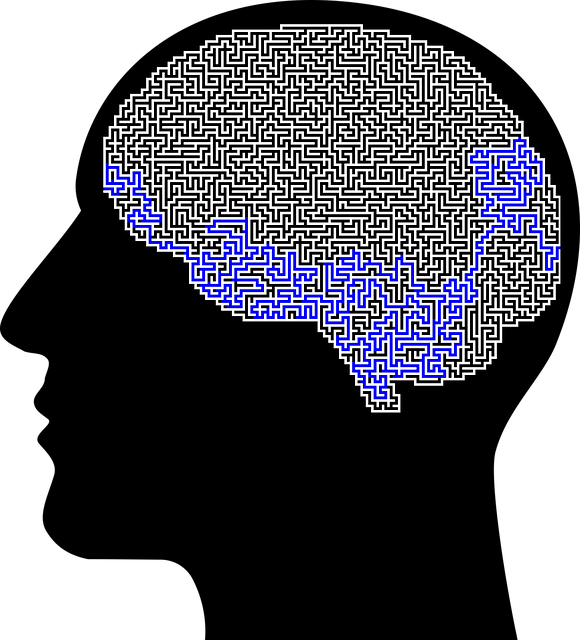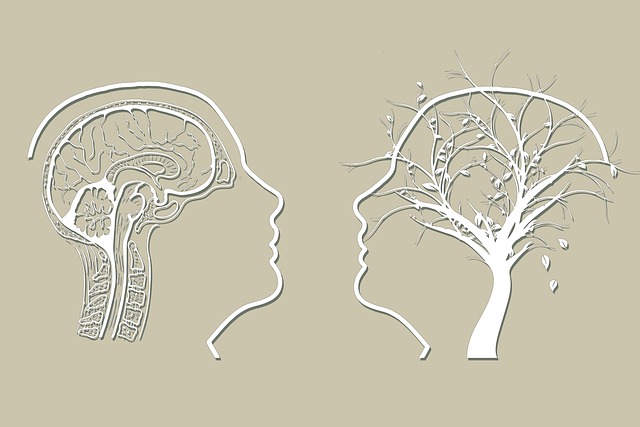In today's fast-paced world, Arvada Phobias Therapy offers professional guidance for effective mood regulation through comprehensive risk assessments and personalized interventions. Combining mindfulness, meditation, resilience building, and evidence-based practices like cognitive-behavioral therapy, they help clients overcome specific fears, build mental equilibrium, and navigate life's challenges with enhanced well-being and confidence, contributing to stigma reduction in mental health.
Mood regulation is a crucial skill for navigating daily life, impacting our overall well-being and productivity. This article explores effective strategies for managing moods, focusing on practical techniques and holistic approaches. We delve into the significance of understanding mood regulation’s impact on daily functions and introduce unique methods like Arvada Phobias Therapy, offering a fresh perspective for those seeking optimal emotional balance. Discover actionable steps to enhance your mental resilience and quality of life.
- Understanding Mood Regulation and its Impact on Daily Life
- Common Strategies for Effective Mood Management
- Arvada Phobias Therapy: A Holistic Approach to Mood Regulation
Understanding Mood Regulation and its Impact on Daily Life

Understanding Mood Regulation is paramount in today’s fast-paced world, where stress and emotional imbalances can significantly impact daily life. It involves managing and stabilizing one’s emotional state to foster a sense of well-being and resilience. Effective mood regulation strategies empower individuals to navigate life’s challenges with greater ease and flexibility.
For many, seeking professional guidance through Arvada Phobias Therapy proves invaluable. This therapeutic approach goes beyond surface-level coping mechanisms by delving into the underlying causes of emotional dysregulation. By conducting a thorough Risk Assessment for Mental Health Professionals, therapists can tailor interventions to address specific needs, whether it’s preventing burnout or facilitating Emotional Healing Processes. Such personalized strategies are crucial in helping individuals break free from recurring patterns and cultivate lasting mental equilibrium.
Common Strategies for Effective Mood Management

In the quest for effective mood regulation, individuals often turn to a variety of strategies that help them navigate emotional landscapes. Among the most common and effective techniques are those that promote mindfulness and meditation, enabling people to stay grounded in the present moment and manage their reactions to stress and anxiety. These practices, backed by scientific research, have been shown to reduce symptoms of depression and anxiety, thereby fostering a sense of calm and clarity.
Moreover, building resilience plays a crucial role in long-term mood management. This involves cultivating coping mechanisms that allow individuals to bounce back from setbacks and challenges. For those dealing with specific fears or phobias, Arvada Phobias Therapy offers a structured approach to risk assessment and management, helping mental health professionals tailor interventions for optimal results. By combining mindfulness meditation, resilience building, and evidence-based therapies like phobia therapy, individuals can gain a deeper understanding of their emotional triggers and develop the tools necessary for sustained emotional well-being.
Arvada Phobias Therapy: A Holistic Approach to Mood Regulation

Arvada Phobias Therapy offers a holistic approach to mood regulation by addressing the deep-rooted emotional triggers often associated with mental illness. This therapeutic method goes beyond mere symptom management, aiming to empower individuals in their journey towards emotional healing. Through a combination of cognitive-behavioral techniques and mindfulness practices, Arvada Phobias Therapy helps clients confront and overcome specific fears or phobias that may be impeding their overall well-being.
By focusing on the interconnectedness between mental health and emotional responses, this therapy facilitates a profound understanding of one’s internal landscape. This, in turn, promotes effective coping strategies tailored to individual needs, thereby contributing to stigma reduction efforts and enhancing the client’s ability to navigate life’s challenges with greater resilience and improved emotional well-being.
In conclusion, mood regulation is a vital aspect of daily life, impacting our overall well-being and productivity. By understanding the significance of managing moods, we can employ effective strategies such as common techniques and, for more complex cases, consider holistic approaches like Arvada Phobias Therapy. This integrated method offers a game-changer solution for those seeking profound and lasting changes in mood regulation.














